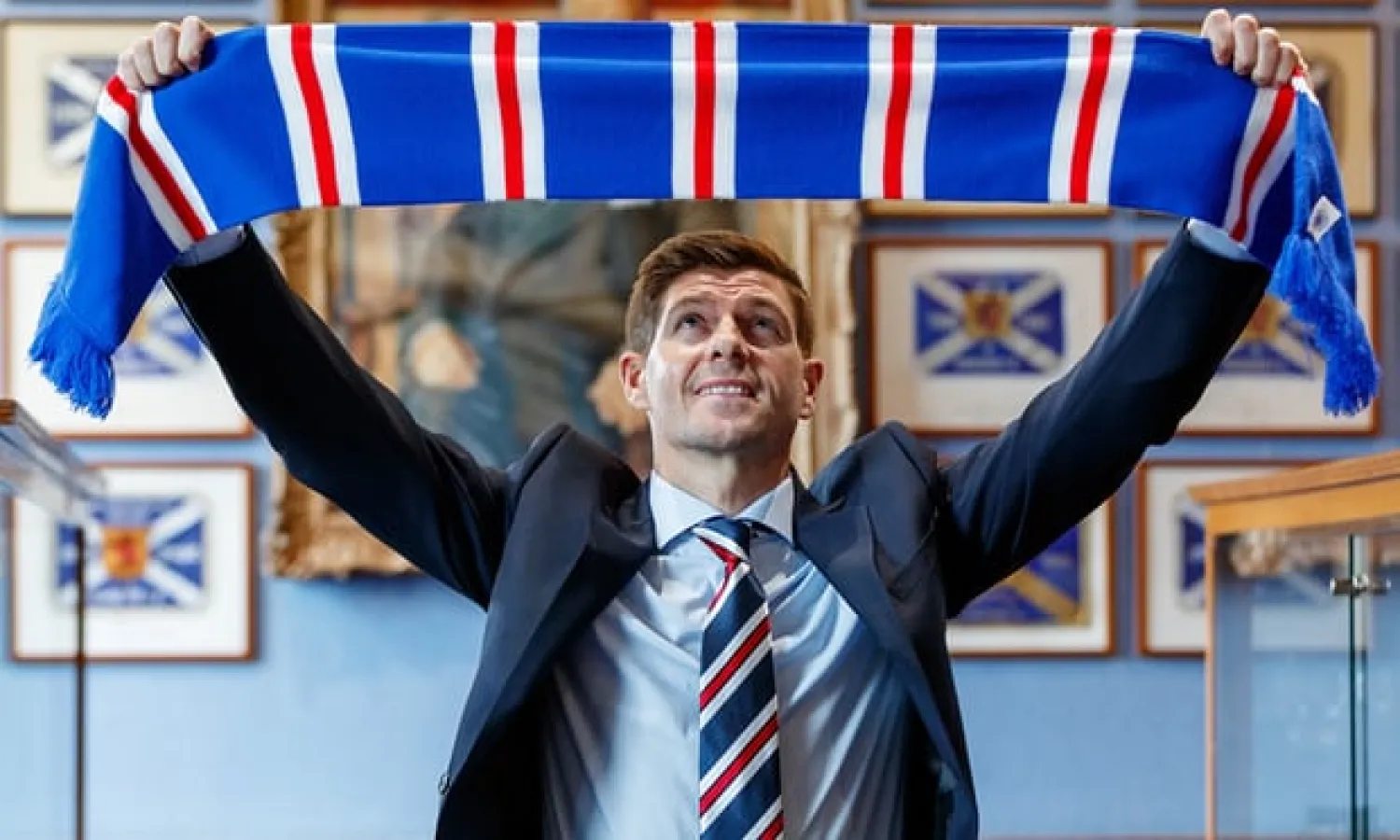When Ross Wilkins stood up during his late father’s memorial service at St Luke’s Church in Chelsea last week to address a congregation that included many of the great names of the past 40 years of English football, he found the words to express a poignant truth. “Football found a way to live without Dad,” he said, “but the simple truth was that Dad could never live without football.”
After calling time on his long and distinguished playing career, Ray Wilkins stayed in the game, as so many do. The next 20 years were spent in a variety of dugouts, as the manager of Queens Park Rangers, Fulham and the national team of Jordan, as well as assistant manager of Chelsea, Watford, Millwall, Aston Villa and England’s Under-21s. None of those appointments, it could be said, ended well
Even a happy and fulfilling time as assistant to his friend Carlo Ancelotti at Stamford Bridge was abruptly and mysteriously terminated a few months after the pair had celebrated winning the club’s first league and Cup double. In October 2015, he left his last job, dismissed by Aston Villa along with the entire coaching staff. He reverted to his role as a popular pundit on Sky Sports, but it was not the same thing.
Intelligent, empathetic, articulate, steeped in football, a leader in the dressing room, Wilkins seemed to face no obstacles in the way of a management career to match his achievements as a player. But if there is one thing we can recognise, it is the impossibility of looking at a bunch of former players who have excelled at the game’s highest levels and guessing with any accuracy which of them will do equally well as managers. Or, for that matter, of predicting who will emerge from a thwarted or nondescript playing career to become a managerial immortal.
The mourners at Wilkins’s memorial service included some who could count themselves successes in management (Antonio Conte, Roy Hodgson, Kevin Keegan, Glenn Hoddle) and others who could not (Gianfranco Zola, John Hollins, Bryan Robson, Peter Reid). Anyone who could have looked at those eight as their playing careers drew to a close and sorted the prospective managerial wheat from chaff would have deserved a gold medal for clairvoyance.
Could it have been foreseen in 1974, when a former centre-forward named Alex Ferguson was pulling pints in his Glasgow pub while earning £40 a week as the part-time manager of East Stirlingshire, that he would devote a quarter of a century to rebuilding the biggest institution in English football? Or that Bobby Moore, playing his last game for West Ham that year, would be brought down by the lowest hurdles of management?
Steven Gerrard and Frank Lampard would impress any potential employer. Both won a century of England caps and most of the top honours on offer in club football. Each carries himself well, as Wilkins did. In their recent appearances as TV pundits, they have demonstrated insight and eloquence. Yet as these former international colleagues prepare for the first steps of a managerial career, riding a wave of support from those who admired their deeds on the pitch, only a fool would bet the house on which of them, if either, will survive the tests to come.
Gerrard, having made a good impression during a year spent coaching age‑group teams at Liverpool, has already made his move into the spotlight by accepting an offer to cross the border and manage Rangers. Lampard, in an interview with this newspaper last week, made it clear he intends to follow suit once he has completed his Uefa Pro Licence course and served an apprenticeship with Chelsea’s academy.
The portents are good and not so good. On the positive side, there were many who doubted that Zinedine Zidane, despite his great playing career at Real Madrid and several seasons coaching the club’s second string, would make a successful transition to the job of head coach at the Bernabéu. Now the man who presents such a seemingly taciturn and uncommunicative face to the outside world is just one step away from a third successive Champions League trophy, a feat that would carry him beyond José Villalonga, Miguel Muñoz and Vicente del Bosque to become the most successful manager in the club’s incomparable European Cup history.
On the other hand, as Lampard and Gerrard will be painfully aware, there is Gary Neville, perhaps the member of their own England generation who looked most naturally suited to the manager’s chair. Hodgson must have thought so when he invited him to become one of his England assistants in 2012. But three years later Neville accepted an invitation from his friend Peter Lim, the Singaporean businessman, to take over as head coach of Valencia, a fine club in temporary difficulties. He spoke no Spanish, had never worked in La Liga and could rely only on the owner and his brother, Phil, who had been installed there as assistant caretaker manager, to help him get the club out of trouble. To make that work would have required a miracle, and four disastrous months in Spain appear to have ended the ambitions that had led him to earn his Uefa qualifications.
Gerrard, it hardly needs saying, has never worked in Scottish football. At least, unlike Neville, he is going to a place where they speak a variant of his own native language. But expectations in Glasgow will be unrealistic and even minor mistakes will be held up to intense scrutiny. If he falls, it will be from a high place and the injuries could be severe. Lampard, for one, will be watching with interest.
The Guardian Sport









